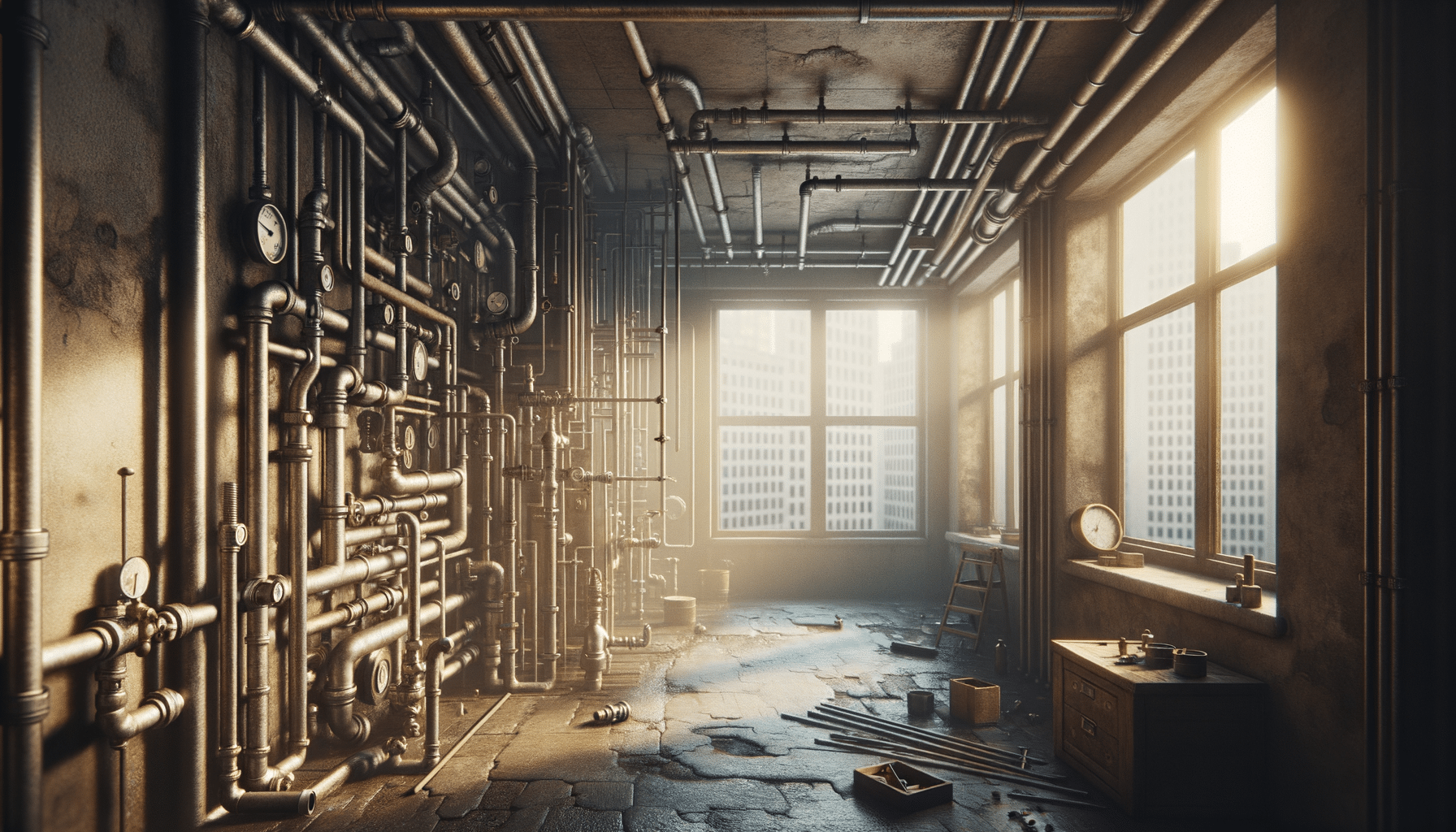
Exploring the Importance and Mechanics of Plumbing Systems
Introduction to Plumbing Systems
Plumbing is an essential component of modern infrastructure, serving as the backbone for water distribution and waste management in both residential and commercial settings. Understanding the basics of residential plumbing systems is crucial for homeowners and professionals alike, as it ensures the smooth operation of daily activities and contributes significantly to water conservation efforts. From the pipes and fixtures to the complex networks that make up a plumbing system, each element plays a pivotal role in maintaining health, hygiene, and safety standards.
The Role of Proper Plumbing in Water Conservation
Water conservation is a growing concern across the globe, and plumbing systems are at the forefront of efforts to manage water usage efficiently. The role of proper plumbing in water conservation cannot be overstated, as it involves the implementation of technologies and practices that minimize water waste. Innovations such as low-flow fixtures, dual-flush toilets, and efficient irrigation systems are examples of how plumbing can help reduce water consumption. Additionally, regular maintenance and timely repairs of leaks and clogs prevent unnecessary water loss, further contributing to conservation.
Common Plumbing Issues and How to Address Them
Every household encounters plumbing issues at some point, ranging from minor leaks to major blockages. Understanding common plumbing issues and how to address them can save time and money while preventing more severe problems. Some typical issues include dripping faucets, running toilets, and low water pressure. Addressing these problems often involves simple solutions such as replacing worn-out washers, adjusting float mechanisms, or cleaning aerators. However, for more complex issues like sewer line blockages or pipe bursts, professional intervention may be required.
Preventive Maintenance Tips to Avoid Plumbing Problems
Preventive maintenance is key to avoiding plumbing problems and extending the lifespan of plumbing systems. Regular inspections and maintenance can identify potential issues before they escalate. Some preventive maintenance tips include:
- Regularly checking for leaks under sinks and around appliances.
- Flushing water heaters to remove sediment buildup.
- Cleaning drain traps and showerheads to prevent clogs.
- Insulating pipes to prevent freezing in colder climates.
By implementing these practices, homeowners can reduce the risk of plumbing emergencies and ensure their systems operate efficiently.
Safety Considerations When Working with Plumbing Systems
Safety is paramount when dealing with plumbing systems, whether performing DIY repairs or professional installations. Safety considerations when working with plumbing systems include understanding the potential hazards associated with water and electricity, using appropriate personal protective equipment, and adhering to local plumbing codes and regulations. Additionally, knowing when to call a professional is crucial, especially in situations involving gas lines or extensive repairs. By prioritizing safety, individuals can prevent accidents and ensure the integrity of their plumbing systems.
Conclusion
Plumbing systems are integral to modern living, impacting everything from water conservation to daily convenience. By understanding the basics of plumbing, addressing common issues, and implementing preventive maintenance, homeowners can ensure the longevity and efficiency of their systems. Furthermore, recognizing the importance of safety considerations when working with plumbing systems protects both individuals and their properties. As we continue to innovate and adapt to environmental challenges, the role of plumbing in sustainable living will only grow more significant.


